The Unwanted Wars
Countries in the Middle East, such as Iran, Israel or Saudi Arabia, do not want a military confrontation. Yet, current circumstances conduce to the breaking out of just such a war
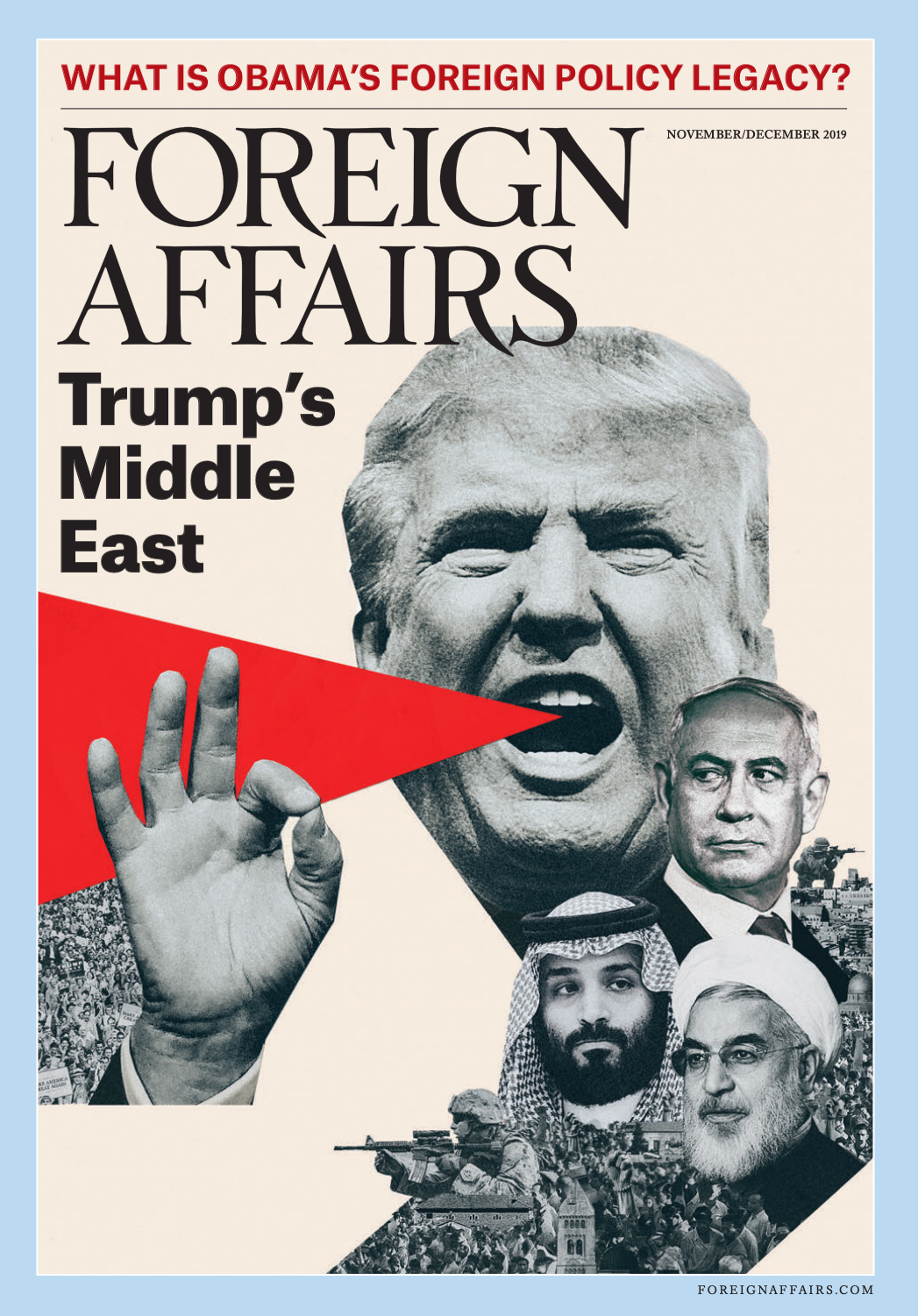 Courtesy: Foreign Affairs
Courtesy: Foreign Affairs
Countries in the Middle East, such as Iran, Israel or Saudi Arabia, do not want a military confrontation. Yet, current circumstances conduce to the breaking out of just such a war
Britain left the European Union on 31 January 2020. There will be no immediate outcome, but the intention of all the European leaders is to make it an amicable departure over the course of the year. Ambassador Neelam Deo, Director and Co-founder of Gateway House, discusses Brexit’s geopolitical implications and its impact on India’s relations with the EU and UK
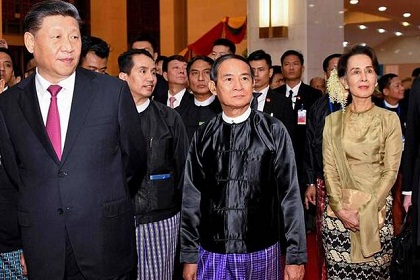 Courtesy: The Hindu/Handout
Courtesy: The Hindu/Handout
Chinese president Xi Jinping’s visit to Myanmar on January 17 highlighted the economic aspect of the two countries’ bilateral relationship. China has been Myanmar’s top partner for years. But more than the 33 agreements signed, the visit threw light on the region’s changing geopolitics and Myanmar’s own compulsions in growing closer to China
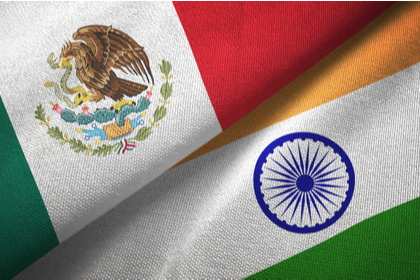 Courtesy: Shutterstock
Courtesy: Shutterstock
This year marks the completion of 70 years of diplomatic relations between India and Mexico – but the full potential of this bilateral relationship has not been explored. Mexico exports oil to India, and hosts facilities of the Indian auto, IT and pharma sectors. There are three profitable reasons to intensify the bilateral, fulfilling both the diplomatic and business agenda
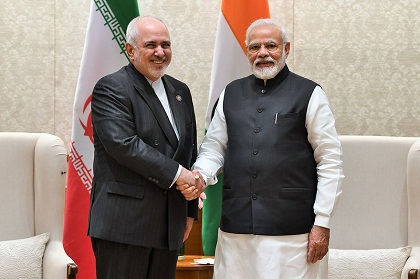 Courtesy: MEA/Flickr
Courtesy: MEA/Flickr
India-Iran ties span culture, economics and geopolitics. Iran is one of India’s most important neighbours and must be viewed on its own standing, not through a Western prism. Gateway House has an extensive repository of research and reporting on Iran, ranging from India-Iran historical ties, Iran’s role in India’s energy security and the impact of U.S. sanctions on Iran and on India, which helps to better understand this crucial nation.
 Courtesy: MEA/Flickr
Courtesy: MEA/Flickr
Iran’s foreign minister Javad Zarif was in Mumbai on 16-17 January 2020, just days after the Iran-U.S. showdown in Iraq and the assassination of Iran’s top general. Zarif explained Iran’s dilemma to audiences in India and was hoping for public support. But the fact is that the January tensions are not Iran’s problem alone; it’s a global game-changer that has propelled the formation of new alliances
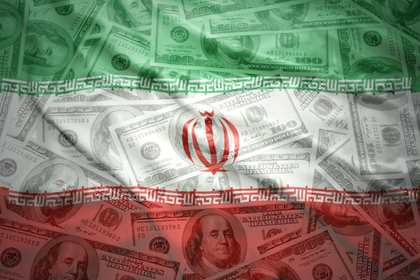 Courtesy: Shutterstock
Courtesy: Shutterstock
Oil prices, arms exports and conflict are inter related especially when it comes to the U.S. Its arms industry grows when high prices and conflicts coincide. This has kept West Asia on a perennial geopolitical boil. This infographic charts the highs and lows of U.S. arms sales, especially in the light of conflicts centred around West Asia
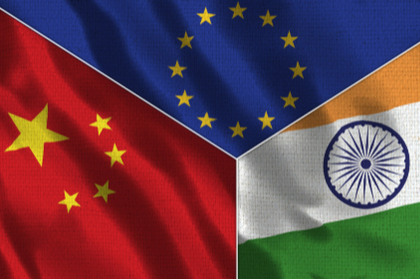 Courtesy: Shutterstock
Courtesy: Shutterstock
The global balance of power is in the process of a fundamental shift. The West appears fixated on China, which is both a “systemic rival” and a strategic partner to be cultivated. Europe now needs to choose between the values it shares with India and commercial profitability from China
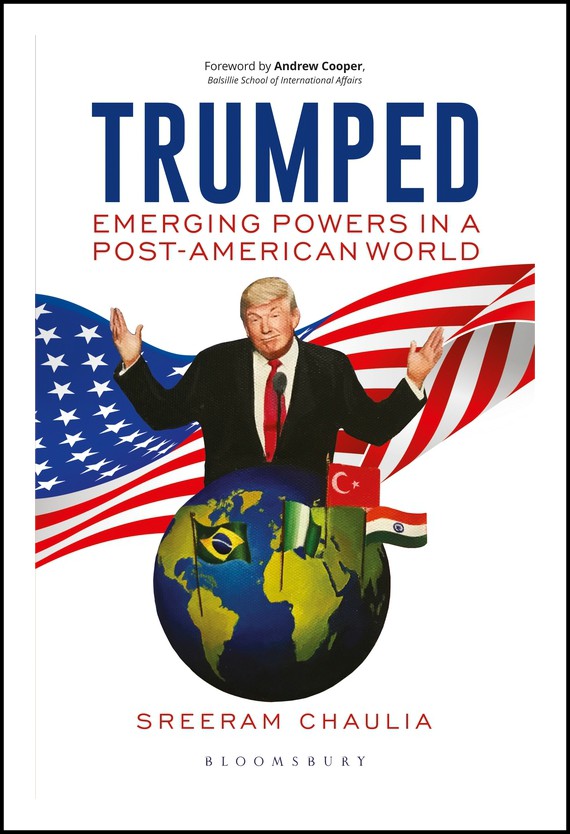 Courtesy: Bloomsbury
Courtesy: Bloomsbury
This book’s premise is that Donald Trump’s attempt to withdraw from various agreements, supposedly harmful to America’s interests, is an opportunity for regional players to come into their own. The author’s presentation of facts dazzles, but his recommendations are unspecific
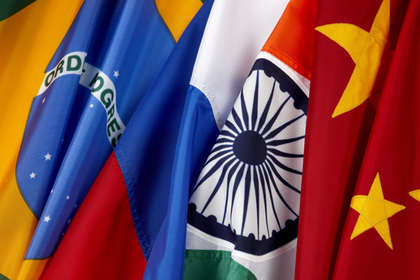 Courtesy: Shutterstock
Courtesy: Shutterstock
India will host four prestigious international conferences, such as the India-Africa Forum Summit and the subsidiary SCO Summit in the course of the next three years. These are historic opportunities for the country to show global leadership and fulfil a diplomatic agenda that involves handling strategic competition and advancing partnerships